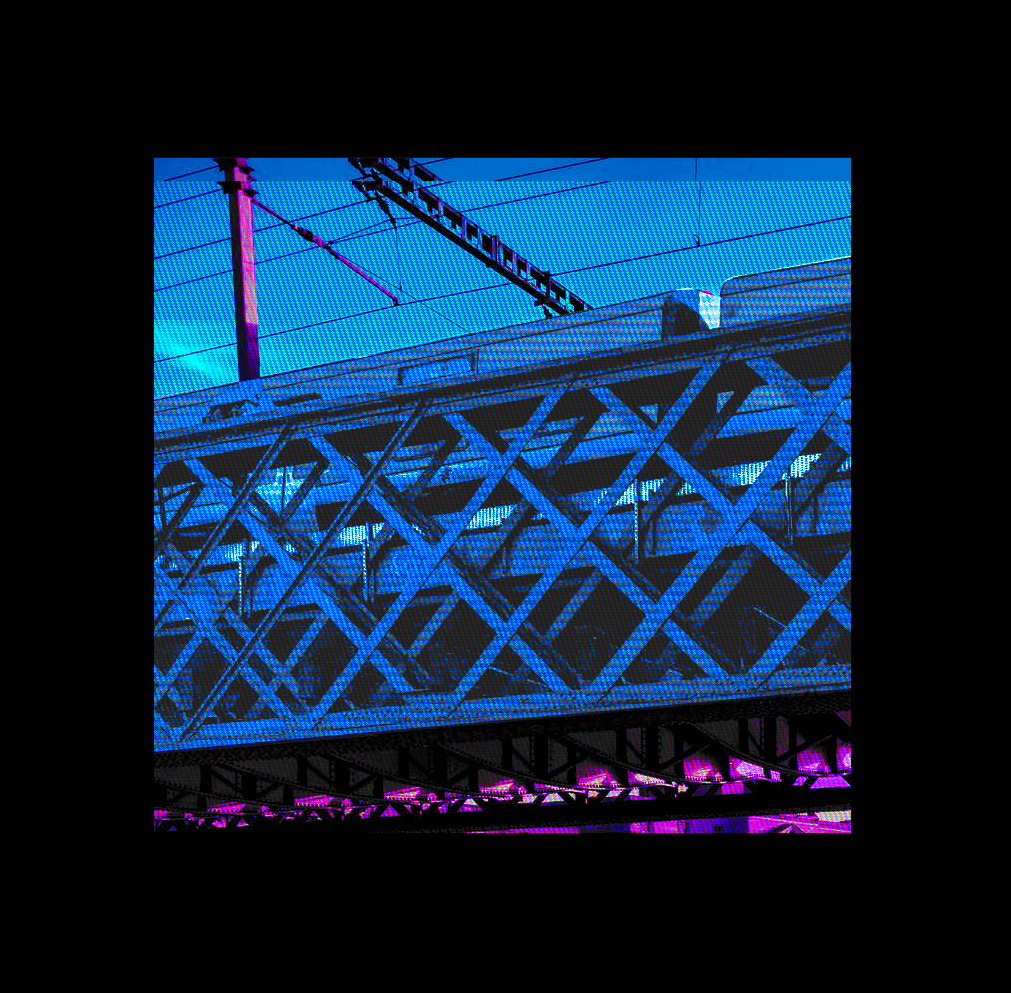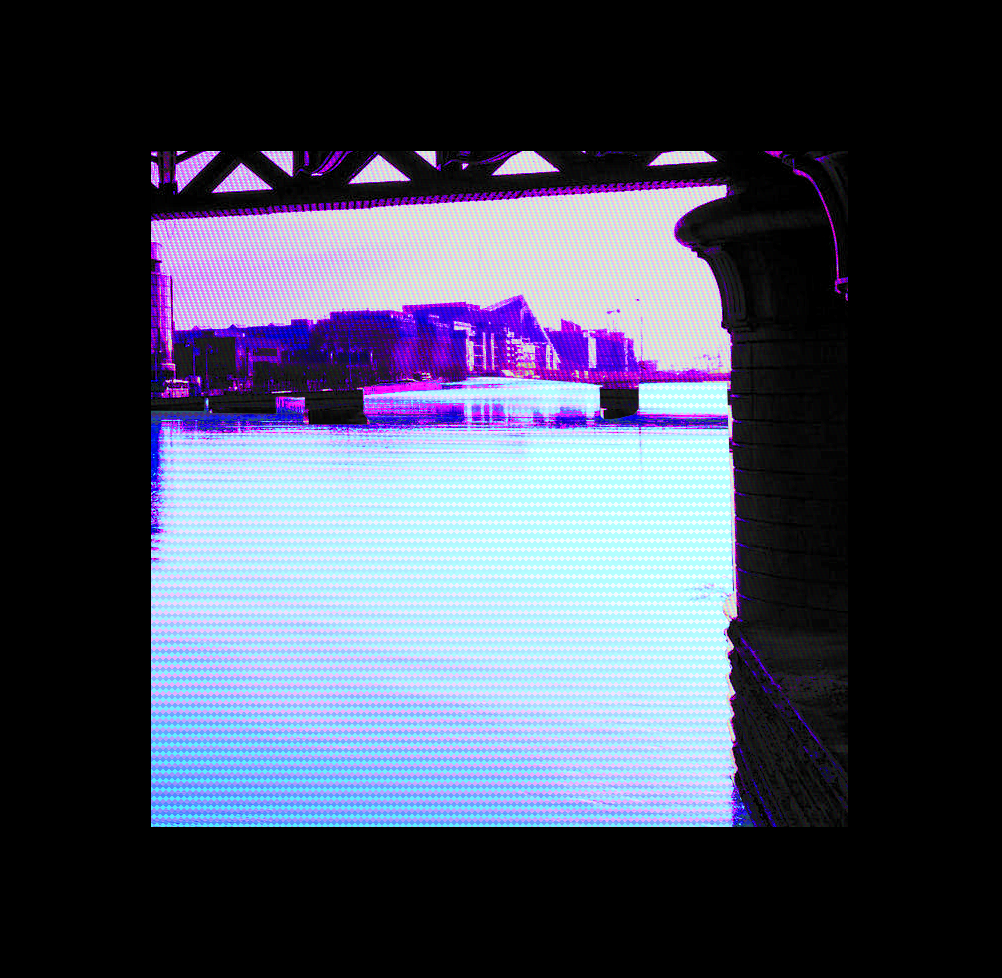It’s All Changing.
2016 seems like an age ago. I remember discussing the Brexit vote with an acquaintance in my friend’s apartment— “Yeah, I feel that the whole political spectrum will begin shifting now, away from Left versus Right, to Globalism vs. Nationalism” I remember my friend sitting with his back to us, pivoting round whip-quick, still chewing on his curry chips— “Yeah right, you don’t believe that bollocks do you?” An argument ensued, I might’ve said some things I shouldn’t have, the heat of the moment and a bruised ego.
But he was right, I didn’t really believe it, I even cringe a little when I remember saying it. Yet strangely, in spite of myself, I was still half-right, and I absolutely did not see it coming.
I believed in the political spectrum back then. On paper, I should’ve always known it was an absurd thing, the chance construction based on the seating arrangement of some French Revolutionaries. Yet somehow I always thought that there was a deep metaphysical truth that defined the Left from the Right. That the people on the ends of this spectrum had some important philosophical principle which defined them, and that the principle on my end was right, and theirs was wrong.
Intuitively, It does feel very real, doesn’t it? That there is something which is essentially Left-Wing, essentially Liberal, essentially Right-Wing. But this is increasingly not being carried out anymore. In the big picture, and in the smaller ones, everything is changing.
I have begun noticing the shift in two main spheres of cultural-political life. The sphere where it is most immediately apparent is probably the duller one, that of party politics, and it is probably the best one to begin with. In this realm the change is happening day-by-day, poll-by-poll, %-by-%. The simplest or crudest way of describing it is this, that the main battle lines and struggles are increasingly being drawn between Hard-Right Nationalist Populism vs. the rest.
In countries where Populism is in opposition, it is the main opposition. In contradiction to the times where Centre-Right conservatives used to be the primary oppositional contender to a Centre-Left government or vice versa, whichever of the once-great moderate party machines is unlucky enough to land out of government seems to get kicked to the curb in the polls. By and large it appears to be Social Democrats who take up the governmental role, and in nations like Spain, Italy, and Romania the Populists have shot into second place, consigning the Centrist - Conservatives to irrelevance.
In other cases, especially Eastern Europe, any kind of Left-Wing presence appears to have vanished altogether. In countries such as Hungary, Czechia, and Poland there is no Centre-Left or Left-Wing party which seems to stand any chance at leading a future government. Instead the contest is between the Centre-Right “Conservatives” or Centrists (mostly Liberal but sometimes Populist Centrists), against the Populist Hard-Right. This especially seems to be the case in Hungary and Poland where the Hard-Right are in government.
However, whatever the case is, whether the outward appearance is one of the Nationalists opposing or being opposed by the Social democrats, Centrists Liberals, or moderate Conservatives, the struggle is one and the same. Because whatever position the non-populists nominally take on the political spectrum, we all know that it’s a position they have hardly lived up to. In other words, Hard-Right Populism’s opposition consists of Social Democrats who are not Social Democrats, and Conservatives who are not Conservatives.
In our times Social Democrats like Hollande and Blair unleashed some of the most rapacious Neo-Liberal capitalist policies upon their populations. Eamonn Gilmore and Labour sat by Kenny and Fine Gael in coalition when they inflicted the same upon Ireland. And who leads the Italian Social Democrats today but Mario Draghi— do I need to say more? As for the conservatives, simply ask, what the hell have they conserved? Only the occasional feigned resistance by some “radical” backbencher wing of the party, putting up the most token resistance against the total dissolution of our traditional social structures and customs.
If you thought the choice between Centre-Left and Centre-Right was ever a real choice with consequences for your nation, consider this; across all of Europe since the end of the Second World War, regardless of whether Conservatives of Social Democrats won elections, the exact same economic and social revolutions have been implemented. As my barber’s old joke goes, “doesn’t matter who we vote for, because it’s always the government that gets in.” Likewise, regardless of who you voted for over the past eighty years, Neoliberalism won.
Populism has forced the mask to slip. The job of the Neoliberal parties, whatever external branding they give themselves, is now either to keep the lid on Populism where it isn’t in power, and to undermine it where it is, and how long this can be done is debatable. Whoever is left holding the anti-Populist fort is ultimately forced to preside over a compromised coalition that satisfies no-one, and in which the ideological vacuum, the vacuum of vision, becomes painfully more apparent by the day.
But before supporters of Populism begin to get too excited, never underestimate the ability of fear-mongering to uphold the establishment, no matter how vacuous it is. The first thing that really began to draw my attention to this shift was the Portuguese election of this January.
It’s easy when speaking of Populism, or any self-proclaimed anti-establishment movement for that matter, to write off the establishment they oppose as some kind of inert mass, with no real will of its own besides being the foil for our underdog heroes. While this fantasy narrative is dangerous in many ways to those who entertain it, it has another great problem besides that; it ignores the great attachment most people have to stability and the status quo.
While many fixated on the breakthrough the populist Chega achieved, jumping from 1 to 7% of the vote, what really took my notice was the jump from pre-election polls to the actual election results. By all accounts it looked as though Portugal was heading for a hung parliament, with the smaller Far-Left and Hard-Right parties likely to be the kingmakers for either the potential Centre-Left or Centre-Right governments. Instead, in the privacy of the voting booth, most Portuguese people handed the Socialist party a full mandate in order to avoid this fate. Yes, the Portuguese context represented a breakthrough for the Hard-Right in a country where it had not really existed since Salazar, but on the other hand it represented the total reduction of the Trotskyists, Communists, Eco-Socialists, etc. - i.e. the radical wing of the Portuguese Left. While some Portuguese voters risked a vote on a Right-Alternative, even more tacked away from any kind of alternative at all and opted instead for normalcy.
This in many ways represents the truer spectrum. From my own perspective, that of a Hard-Right populist sympathiser, it does look like Hard-Right Nationalist populism vs. the rest. However, from either the opposite perspective or from a more distanced perspective, the new spectrum looks to be Neoliberal normalcy vs. its (strange and sometimes scary) alternatives.
“The Left is over”
“Yeaahhhhh”
— Red Scare Girls, cir. Sometime in 2021, iunno.
It is in the second sphere that this dynamic seems to be better reflected. This is the more interesting sphere of culture, especially visual-culture, and fringe political-culture, and intellectualism. So what do we see in our fringe?
By the spring of 2021 it became too tenuous and stretched for any intellectually serious Leftist to continue supporting any political movement which self-proclaimed itself to be Left-Wing. The possibility of a serious intellectual backing for these movements, based on the corpus of Marxist, Post-Modern, and other Left-Wing thought, died with a meme of Bernie Sanders sitting shivering at Biden’s inauguration.
The sudden disappearance of any serious ideological Left with which to discourse was disorientating. In the immediate years around the Trump election I remember there being genuine socialists and communists to whom we were fiercely opposed, but who were also fiercely opposed to the Liberal status quo like us. They were very interesting to debate with, and debates were frequent. Yet somewhere during the two years of lockdown and pandemic so many of them were just folded into the left wing of the Neoliberal front. Somewhere they stopped sounding like revolutionaries, and instead like the HR woman at a Google regional head office.
But those who are more interesting are those who chose to continue sitting on the outside. The true Left have become the Post-Left. This new entity is hard to define in many ways, as it seems to revolve more around a social scene of prominent twitter users and podcasters than a specific ideology. But then this is true of most “movements” these days.
But where ideology does come in the Post-Leftists are largely defined by the revelation that the ruling Bourgeois oligarchy now overwhelmingly espouses progressive radical-Liberal values. All political Leftism, especially that which revolves around intersections of feminism, oppressed minorities, critical gender theories, and the LGBTQ ad infinitum, are now seen to be Astroturfed fabrications of this ruling class, particularly its Academic-NGO complex. These acts of political pageantry are created to give participants the sensation of being part of social change, before they are quickly incorporated into the Neoliberal capitalist structure, helping in turn to reinforce it. For these reasons Post-Leftists tend to largely focus on critiquing the modern Woke-Left from a Leftist perspective.
When it comes to thought and literary work, besides Lasch and Zizek, what is incredibly interesting about the Post-Left is how increasingly open they are to writings and works of the Dissident Right. I now see many of them talk about Land, Yarvin, Dugin, and even Mike Ma or Houllebecq. You can say that it probably isn’t very consequential if members of one fringe group, a tiny minority of the population overall, read the works of another tiny fringe group. You can even point out how much of it is done with an ironical distance. But to me, and to many others in the Dissident Right, it is hard to understate the importance of seeing the cordon sanitaire around our own intellectual and literary canon being dropped— even if it is done so by another small group who mask it with jest.
It becomes even more fascinating when I also consider the extent to which the Dissident Right has engaged with the works of the Left. It is becoming nearly as common to hear a Post-Leftist quote BAP as it is to hear a Rightist quote Deleuze and Guattari. In a matter of less than five years this change has been substantial, where “Free-Markets” have been dropped from their former position as a central principle— and in their place some of the most biting criticisms of the Neoliberal Capitalist system have been raised up. The Reagan platform of Social Conservatism and Neoliberal Economics has had its innate contradiction recognised, the baby of Social Conservatism has been kept, and the Chicago-School bathwater thrown out.
In this community of online outcasts a new Cercle Proudhon is forming— and in many ways such a development is inevitable. What has sparked this convergence but the realisation that both extremes held half the truth about what was going on with the powers at the centre. That on one hand the real core of power was held by a wealthy oligarchic elite, who were created by the capitalist system, and therefore promote things that they believe will perpetuate that system and their own power. On the other hand the realisation was that things that they promoted were Woke. Yes, the destruction of social mores and structures under the guise of “liberation” has been a catastrophic thing for social life, but it’s not “Cultural-Marxism”— It’s Cultural-Liberalism— It’s Cultural-Capitalism.
So in these two Spheres there is something of a reorientation. It moves away from the old Left-Right spectrum which represented the perpetual revolution of Radical Liberalism (in which I include the majority of Leftism) against the maintenance of any traditional order or power structure. It moves away from this because quite simply there is virtually nothing left for them to rebel against, because the eternal rebels have achieved power— in their reign they have realised the total cogency of Free Love, Free (atomised) Individuals, and Free Markets.
Instead the political landscape moves towards a new dualism, where one side is for the consolidation, perpetuation, and maintenance of a stifling Neoliberal normalcy, and the other represents the convergence of all those strands which strive to break from it. Perhaps this is because politics necessarily moves towards binaries. And perhaps it is because of the fact that in spite of its total hegemony over mind and power there is still a pervasive sense that this system is failing.
We stare down the barrel of either renting-for-life or paying off a 50 year mortgage with money made from perpetual high-precarity “freelance” work. The rubbish culture we consume so totally lacks the fun, the humour, the vivacity, even just the quality it had a decade ago. The exciting whirlwind of Casanova love-affairs the Sexual Revolution has promised us has proved a hollow, and the reality is dull at best, and silently heartbreaking at worst. Yet in all these things we are supposed to have progressed. This is not a temporary lull, there is absolutely no sense that things will get better, something is deeply wrong.
This all-pervasive sense of alienation and the Hypernormalisation it brings, these now compel an urgency on anyone seeking a way out of the labyrinth of Neoliberal hegemony. As such it’s clear that all dissidents, formerly Left or Right can no longer afford to nurture petty divisions. We can not afford to play feuding schoolgirl games of exclusion, nor infantile games of pretending-not-to-notice each other. The inevitable convergence of Woke and Capital presents serious challenges to both the standard Left and Right paradigms of understanding power and society. Therefore both the Post-Left and the Dissident Right have to know what criticisms, knowledge, perspectives, and insights the other has on the Chimera we both face. The Right has to hear the Left’s insights into the evils of the Capitalist system, but the Left also needs the Right’s insights into culture (most especially into the importance of ethnicity— nationality), history, sex-relations, and even spirituality.
In the West, this is the only way that the true anti-Liberalism— the antidote to Liberalism, will be formed. A kind of Centrism of the Fringes that can break the hegemonic Neoliberal Centrism which has stagnated us through its perpetual chaos. Only by doing so can new vistas be opened up, in which human imagination can once again thrive and envision our futures, a creativity which can make life worth living again.
Although I’ve only been able to give a very rough idea of them in here, this political metamorphosis is already giving rise to innumerable conversations and discussions that are lively and interesting, and in them this metamorphosis reveals the hope it can give rise to. In the coming months and maybe years I look forward to delving further into these questions— and in the End of History’s terminally bored land, it’s important to have something to look forward to.



